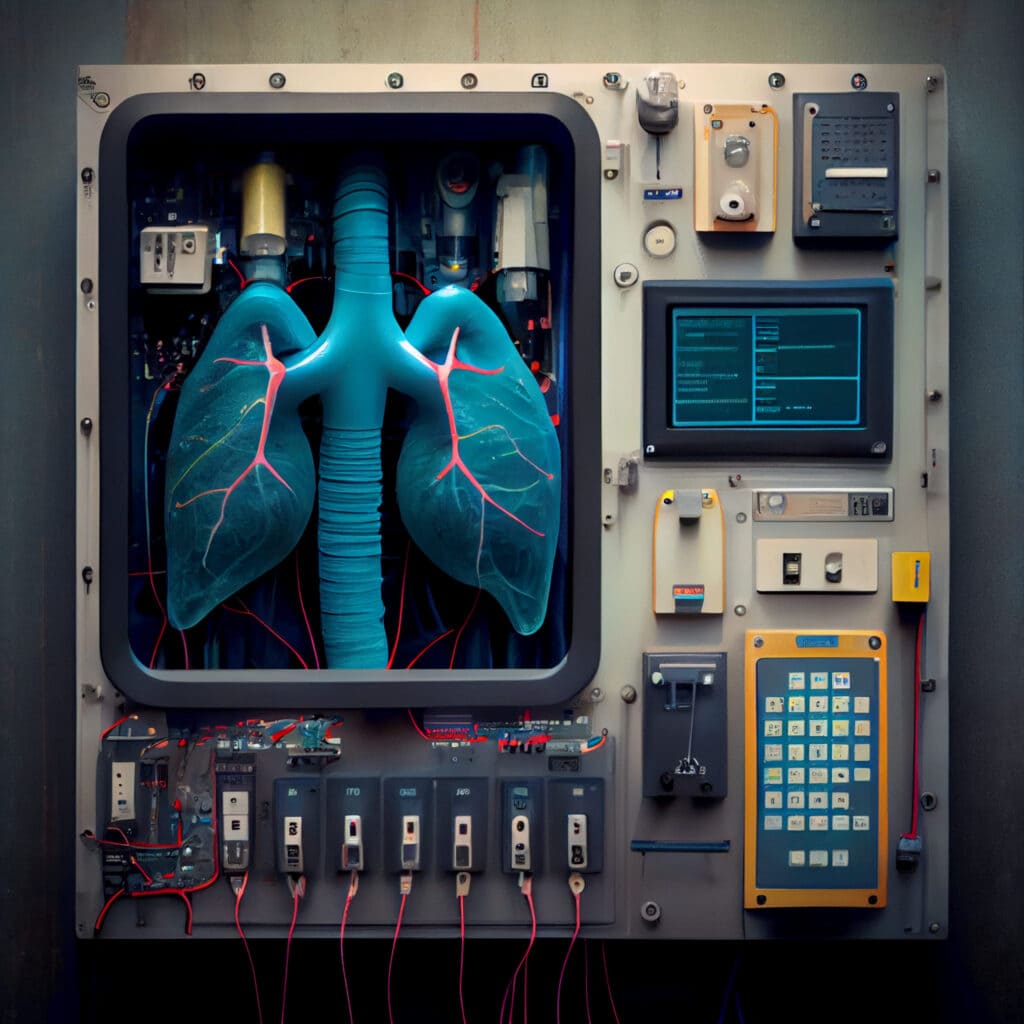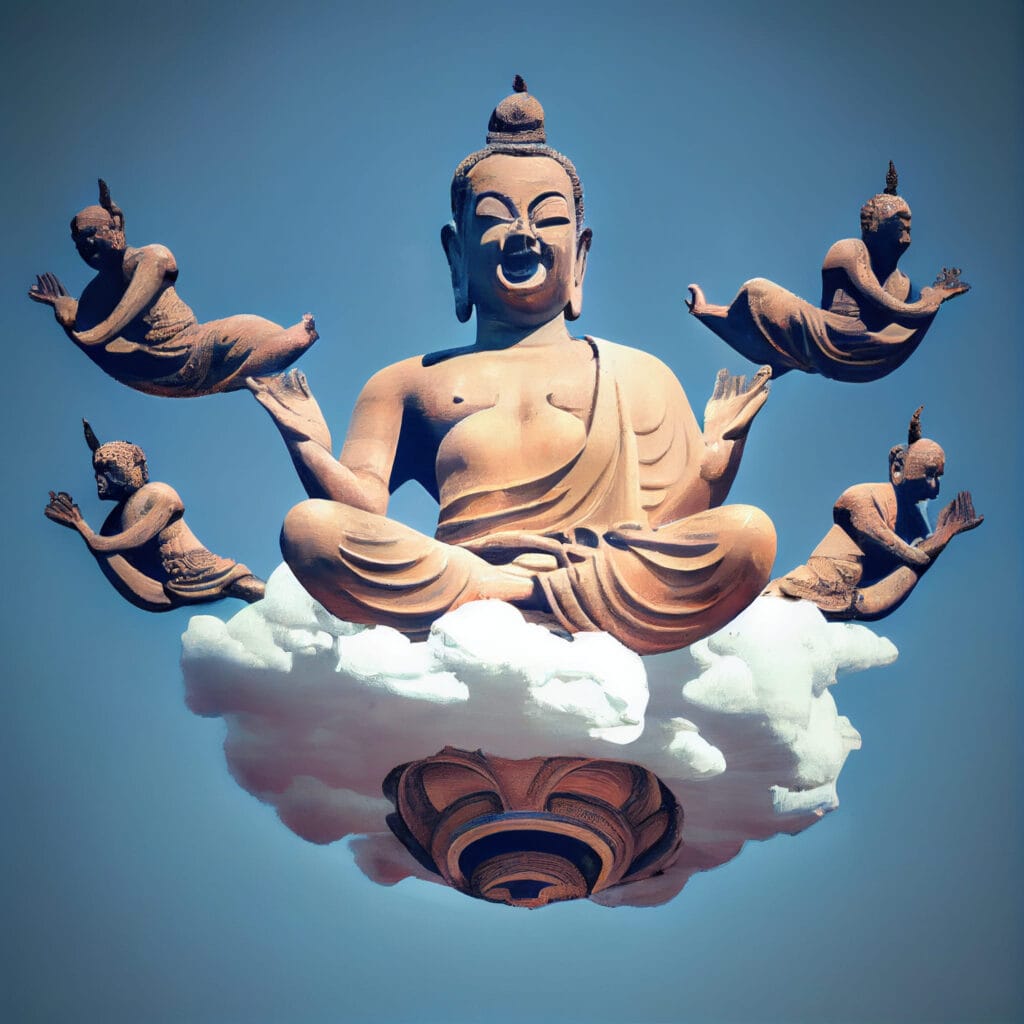Telekinesis is the mental ability to move or manipulate objects. It is a mysterious power that has long been desired by many but is rarely attained. Still, some people claim to have telekinetic abilities, and their stories often pique our interest.
Telekinesis proponents believe that it is a skill that can be learned through meditation and concentration over time. They believe that power resides within all of us and that it simply needs to be tapped into and harnessed correctly in order to manifest itself in our daily lives. Some, however, are skeptical of this idea, citing a lack of scientific evidence and claiming that such powers are merely superstition or folklore. Despite these skeptics, some people continue to believe in their telekinesis potential and pursue its development.

Benefits of Practicing Telekinesis
The advantages of practicing telekinesis can be enormous. For starters, it can help improve focus and concentration, which are important skills in today’s fast-paced world. Practitioners can become more aware of their thoughts and feelings through mindfulness and visualization exercises, allowing them to better direct them toward positive outcomes. Learning how to use telekinetic energy correctly can also give people more confidence in their ability to deal with difficult situations.
Challenges of Practicing Telekinesis
Although telekinesis is one of the oldest reported supernatural phenomena, it remains a vexing and contentious subject among both skeptics and believers. Telekinesis practice can be difficult for a variety of reasons.

For starters, many people struggle to focus enough to manipulate matter with their minds. Controlling physical objects necessitates intense concentration and focus on directing energy from your mind into the object you wish to move. Some practitioners may need time to develop this skill, but it is doable with practice and patience. Furthermore, environmental factors such as noise or light interference can make attempting this skill set even more difficult.
What is Pranayama?
Pranayama is a yogic breathing technique system. It is a centuries-old practice that involves controlling one’s breath in order to improve one’s physical, mental, and emotional well-being. Pranayama focuses on the inhalation and exhalation of air, as well as the pauses between each breath.

The primary goal of pranayama is to assist practitioners in becoming aware of their breathing patterns as a means of deep relaxation. This practice can also help with improving focus and calming anxiety or depression. Pranayama can also help to improve overall health by increasing oxygen intake in the body, which helps to strengthen physical endurance and immunity levels. Pranayama practice can help you improve your focus, concentration, and life force energy, which can help you master the art of telekinesis.
Types of Pranayama
Ujayyi breathing, also known as “victorious breath,” is the first type of pranayama. Inhale and exhale through the nose while keeping the lips slightly closed. It aids in the relaxation of the nervous system, the regulation of blood pressure, and the regulation of emotions. Sheetali breathing is the second type, which involves inhaling through the mouth with pursed lips while making a cooling sound with your tongue. This type promotes deep relaxation and aids digestion. Whatever type of pranayama you practice, any type of breathwork exercise is beneficial to telekinesis.
Benefits of Pranayama
Pranayama is a Sanskrit term that means “breath control.” It entails conscious inhalation and exhalation of air to help relax the body, reduce stress, improve concentration, and create an overall sense of well-being. The practice has numerous physical and mental health benefits.

When your body is relaxed and de-stressed, your telekinetic abilities have a better chance of succeeding. Practicing pranayama before telekinesis is an effective way to see results quickly.
Physical Effects of Pranayama
Pranayama has been linked to a variety of physical benefits such as increased oxygen flow in the lungs, improved digestive function and metabolism rate as well as better cardiovascular health. Physically, pranayama can help reduce stress levels by having a calming effect on the body, which can lead to lower blood pressure and improved immunity.

Furthermore, because pranayama focuses on developing deep breathing techniques that strengthen abdominal muscles, it can improve muscle strength. According to research, regular pranayama practice increases lung capacity, resulting in greater endurance while exercising or engaging in other physical activities.
Mental Benefits of Pranayama
Pranayama is thought to be a powerful tool for bringing balance and clarity to the body and mind. Recent research has shown that practicing pranayama on a regular basis can reduce stress and improve overall mental health.

The act of concentrating on one’s breathing while practicing pranayama has been scientifically proven to lower heart rate, induce relaxation, calm the nervous system, and improve concentration levels. Simultaneously, this practice helps to increase energy levels by removing toxins from the body that can cause fatigue or exhaustion. By calming the mind and allowing for clearer thinking, pranayama can help clear the mental fog associated with depression or anxiety.
With a clear mind, you can more easily direct your energies. Telekinesis requires mental clarity, especially in the beginning.
Preparing for Pranayama Practice

Creating an environment conducive to relaxation can be done by finding a quiet place free of distractions such as phones and TVs. While practicing pranayama, dim lighting can help to calm the nervous system and promote peace. It is also advised to dress comfortably so that you can move freely during poses. Choose poses that are appropriate for your specific needs – speak with a qualified instructor or research what types of pranayamas are best for you online.
Tips for Beginners
Here are some beginner tips for those looking to master this amazing skill.
To begin, it is critical to keep an open mind and stay focused on the task at hand. A positive attitude will help you become more comfortable with the concept of telekinesis and will make it easier for your brain power to take over. Visualization can be used while practicing to further improve your abilities because it helps you understand how telekinesis works and puts you in the right mindset for successful results. Beginners should also practice telekinesis with small objects before progressing to larger ones. Of course, practicing pranayama on a regular basis is another helpful tip that many people are unaware of when they begin their telekinesis journey.
How often should you practice pranayama?
One of the main reasons that pranayama can be difficult for beginners is that it necessitates knowledge of yogic philosophy and principles. Pranayama is a collection of breathing patterns and techniques, each with its own function and application. Without a thorough understanding of these concepts, it can be difficult to determine how they should be applied to achieve the desired results. Furthermore, many people find that controlling their breath in this manner is difficult; improper breathing can cause dizziness or even worse health consequences if not done correctly.

Pranayama can also be challenging for those who have limited flexibility or range of motion as a result of an injury or age-related ailments. If not done correctly, holding certain postures during deep breathing sessions can cause strain in areas such as the neck and shoulders. Furthermore, any underlying health issues, such as asthma, high blood pressure, or heart conditions, should be discussed with a doctor before beginning a pranayama routine.
Conclusion
Pranayama is an excellent tool for those seeking to develop their telekinetic abilities. It can assist in shifting the energy of the body and upgrading energy pathways, allowing a person to gain power. Pranayama, with regular practice and dedication, can improve focus, concentration, and mental clarity, all of which are necessary for mastering telekinetic skills. It is recommended that you practice with an experienced teacher to ensure proper technique and alignment.



